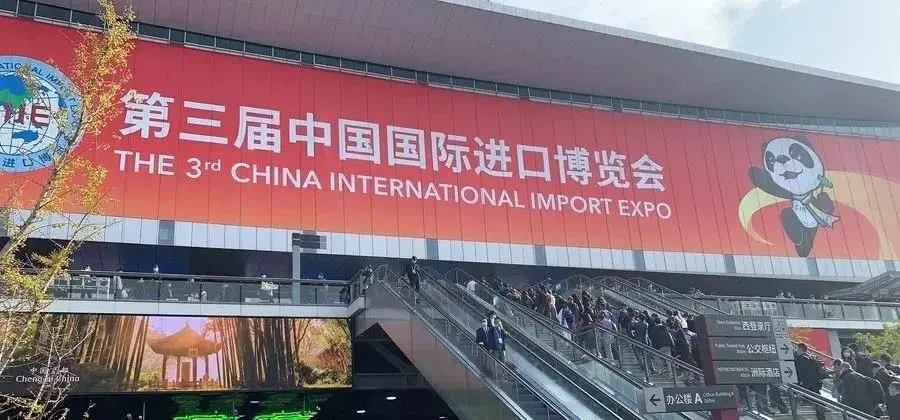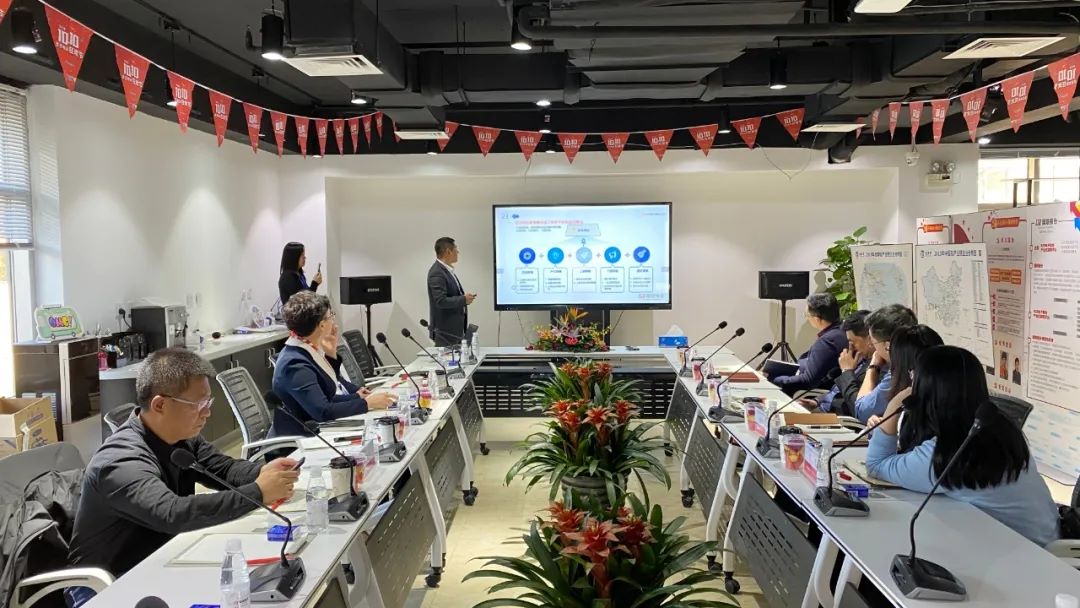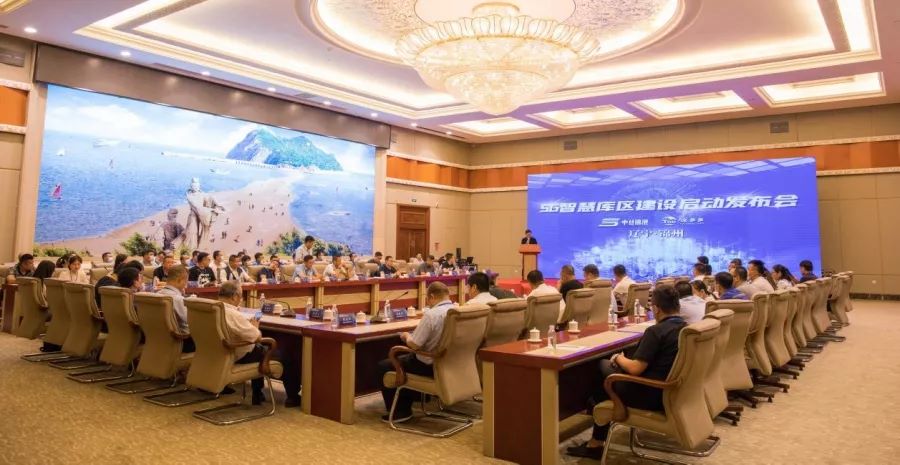Tire company builds new factory in Europe(December 18, 2024)
Although tire production capacity in Europe is constantly decreasing due to cost issues, the production capacity of waste tires is constantly increasing.
Recently, a German waste tire recycler submitted emission approval and construction permits for the Perl Besch plant in Germany, which also means that its second plant is about to start construction.
New production capacity is coming soon
On December 17, 2024, Pyrum Innovations AG, a benchmark company in the field of recycling, environmental protection and green innovation headquartered in Saarland, Germany, announced that it expects to break ground on its second waste tire (ELT) pyrolysis plant in Germany next spring, and said that the approval process for the plant is underway.
This matter was disclosed in the approval documents submitted by it for the Federal Emission Control Act and the relevant documents for the start of construction of the new plant in Perl Besch, Saarland, Germany.
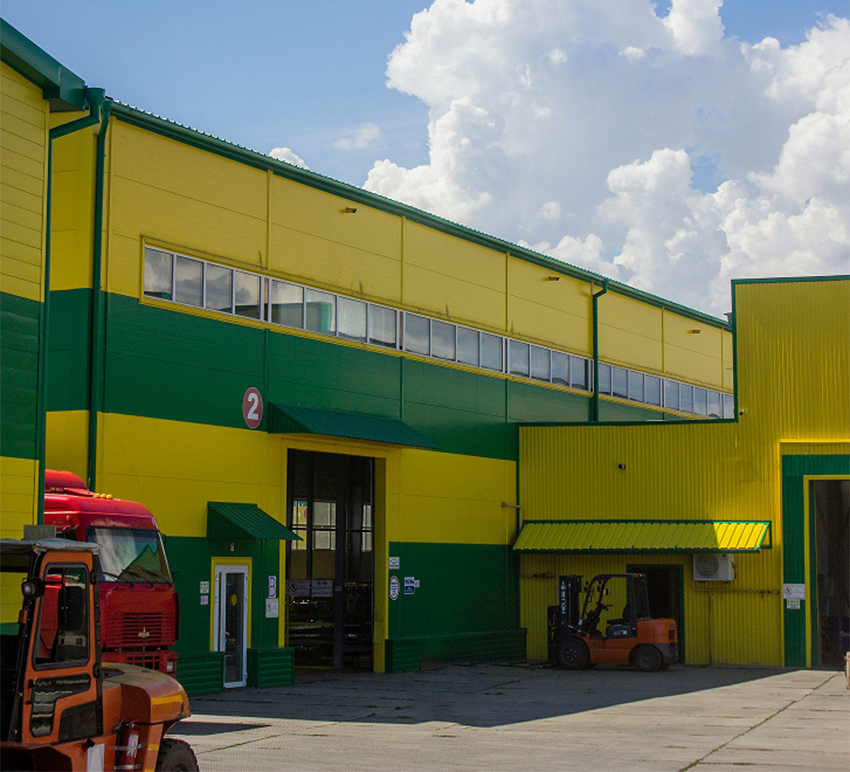
As for the news of the "delayed commissioning" of its first plant in Dillingen, Germany, the waste tire recycling manufacturer also gave an explanation - in order to better meet market demand, the existing plant needs to undergo certain technical optimizations and collect more extensive expert opinions, so the first plant had previously faced "slight delays".
"It is based on the experience accumulated from the first plant that we can ensure that the construction of Pyrum's second waste tire recycling plant will proceed as scheduled after obtaining the latest technical information and suggestions."
Pyrum's CEO said: "With the submission of the building permit for our second waste tire plant, we have overcome the last major obstacle before the groundbreaking ceremony in the spring of 2025."
" In addition, Pyrum mentioned that there is also exciting news from its first plant.
New milestone for scrap tires in Germany
According to the latest documents, Pyrum has added new production lines (TAD 2 and 3) to its first flagship waste tire recycling plant in Dillingen. The expansion of production capacity has achieved an important milestone for Pyrum.
The company registered nearly 2,000 working hours in TAD 2 and more than 1,000 working hours in TAD 3. In addition, the production interval of the two new production lines has been extended from four to four and a half weeks.
According to Pyrum, these adjustments will lead to "significant improvements" in the efficiency of the production process and increase production output in the future.
Waste tires are also excluding 6ppd
In fact, there is still a more obvious problem in the waste tire recycling project-the 6PPD that troubles the industry still exists in it.
However, recently, researchers from the Plastics Innovation Center and Chemical and Biomolecular Engineering at the University of Delaware have completed the development of a new technology for 6PPD in waste tires. They claim that this technology can not only remove 6PPD from waste tires (ELT), but also "upgrade 6PPD to safe chemicals and convert the remaining rubber crumbs into aromatics and carbon black."
On November 20, 2024, Dion Vlachos, director of the Department of Energy at the University of Delaware, announced this achievement. The researchers heated "millimeter-sized" tire or rubber crumbs in a microwave reactor: an unknown chemical solvent was used to separate 6PPD from other molecules present.
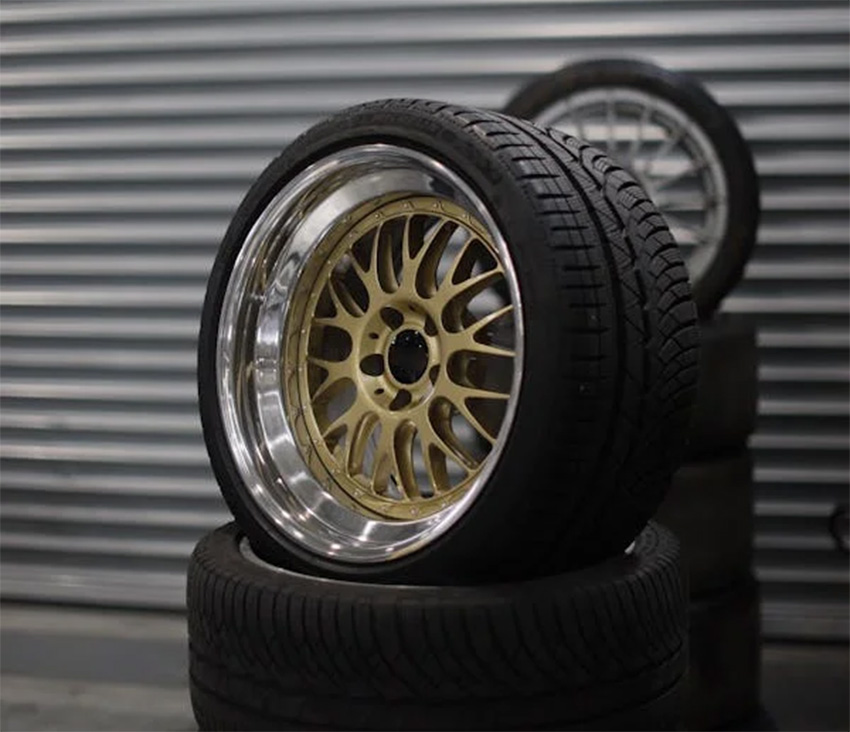
The team reported that the remaining after removing the 6PPD molecule can be chemically converted into safe chemicals that can be used or sold at a very low price. This also means that at least in the recycling of waste tires, 6PPD can be avoided in its products. Even after the 6PPD stripping process is completed, waste tires can still be used to make carbon black.
However, it is worth noting that waste tires after removing 6PPD cannot be reused in new tires, because this important raw material is essential to ensure the safe driving of tires.
- Разнообразие ультра-высокопроизводительных шин соревнуется689
- Lubricant and tire prices soar due to tariffs957
- Чем больше трудностей мы сталкиваемся, тем смелее китайские шины1008
- Ситуация на внутреннем и международном рынке резины на 17 апреля 2025 года1033
- Cognitive breakthrough of tire safety technology: from single reliance to system construction965

